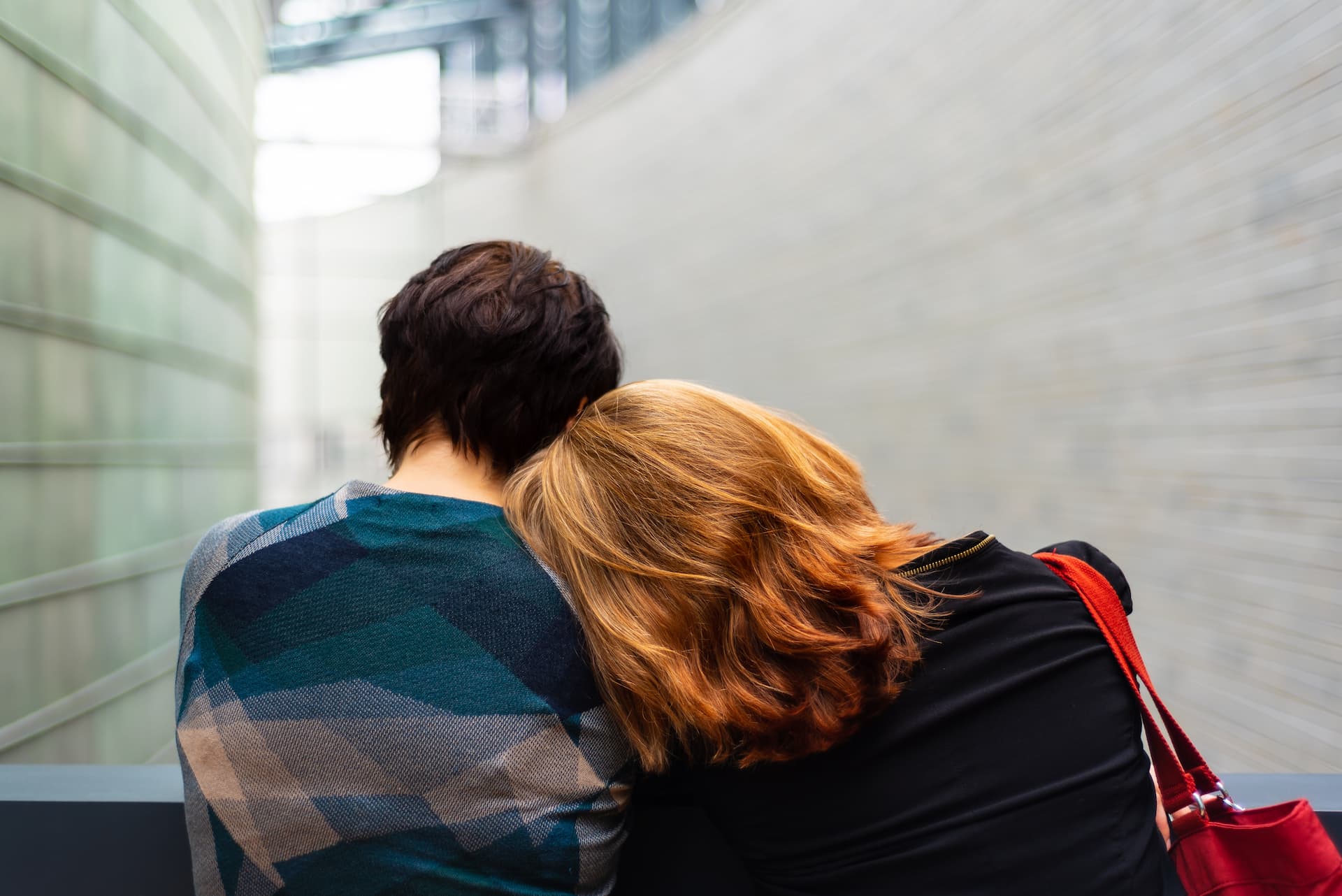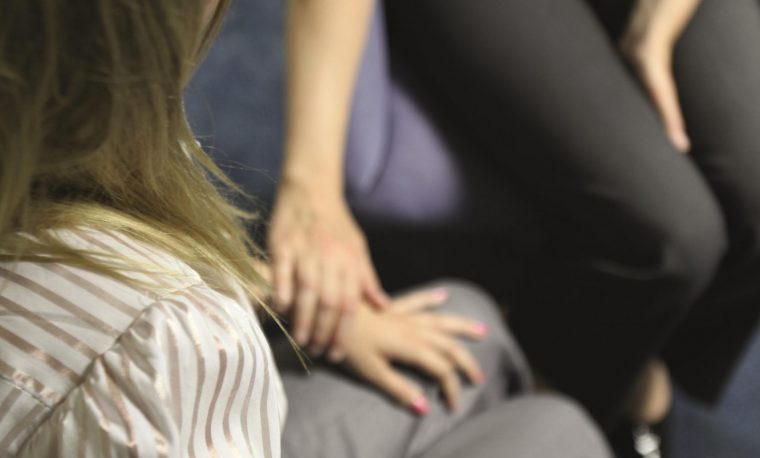What is bereavement
Bereavement is the distressing experience of loss. Losing a loved one is an intensely emotional experience – whether it be a family member, partner, child or family pet. It is characterised by feelings of grief, pain and loss. It can also be caused by other situations, such as the ending of a relationship, loss of a job, or relocating houses.
Bereavement affects individuals in different ways, and it is possible to experience a whole range of emotions throughout the journey.
There is no right or wrong way to grieve, nor is there a time limit on the experience.
Some individuals may require professional support to deal with bereavement, as it can be a catalyst for mental health issues to develop, including sleep issues, depression and anxiety.
Signs and symptoms of bereavement
Below are some common reactions to bereavement:
- Shock and numbness
- Overwhelming sadness
- Feeling constantly teary
- Tiredness and exhaustion
- Anger – either towards the person you have lost or the reason why you have lost them
- Guilt – feelings of ‘what if’, regretting things you did/did not say
- Loss of appetite
- Social anxiety
- Feelings of isolation
Treatment for bereavement at Nightingale Hospital
Our approach to helping the grieving process combines an individualised programme with treatments based on current clinical evidence. Talking therapies and medication can help you through your bereavement.
Counselling therapies
Counselling gives you the opportunity to talk to someone, family therapy can help you and your family cope better and sleep therapy can aid sleepless nights.
For some, meeting and talking with others who have been through the same experience helps.
Medication
Medication can help with lengthy periods of sleeplessness and deepening depression.
How can you help a bereaved friend or relative?
- You can help by spending time with the person who has been bereaved. More than words comfort, they need to know that you will be with them during this time of pain and distress. A sympathetic arm around the shoulders will express care and support when words are not enough.
- It is important that, if they want to, bereaved people can cry with somebody and talk about their feelings of pain and distress without being told to pull themselves together. In time, they will come to terms with it, but first, they need to talk and cry.
- Others may find it hard to understand why the bereaved person has to keep talking about the same things again and again, but this is part of the process of resolving grief and should be encouraged. If you don’t know what to say, or don’t even know whether to talk about it or not, be honest and say so. This gives the bereaved person a chance to tell you what he or she wants.
- People often avoid mentioning the name of the person who has died for fear that it will be upsetting. However, to the bereaved person, it may seem as though others have forgotten their loss, adding a sense of isolation to their painful feelings of grief.
- Remember that festive occasions and anniversaries (not only of the death but also birthdays and weddings) are particularly painful times. Friends and relatives can make a special effort to be around.
- Practical help with cleaning, shopping or looking after children can ease the burden of being alone. Elderly bereaved partners may need help with the chores that the deceased partner used to handle – coping with bills, cooking, housework, getting the car serviced.
- It is important to allow people enough time to grieve. Some can seem to get over the loss quickly, but others take longer. So don’t expect too much too soon from a bereaved relative or friend – they need the time to grieve properly, and this will help to avoid problems in the future.








